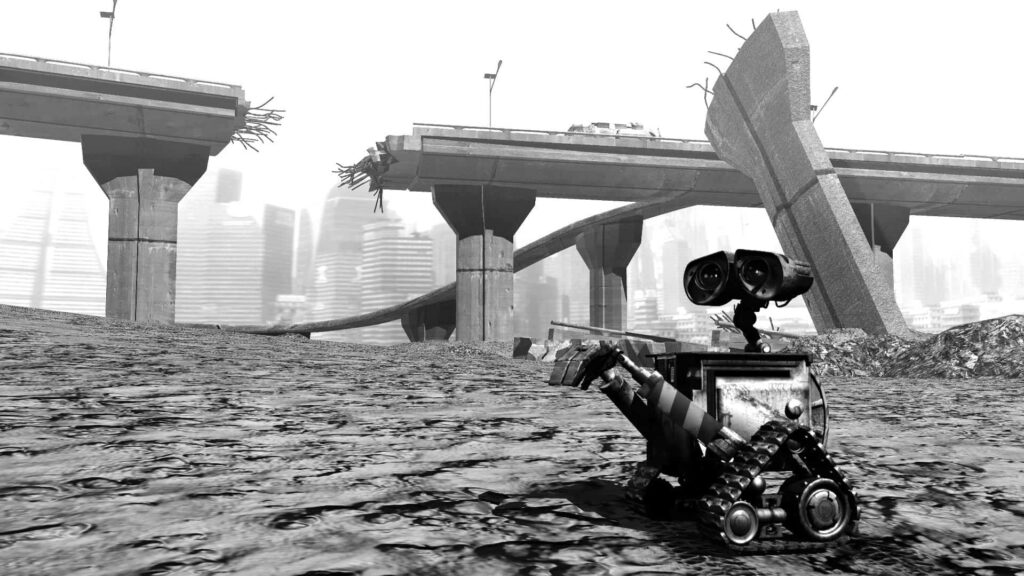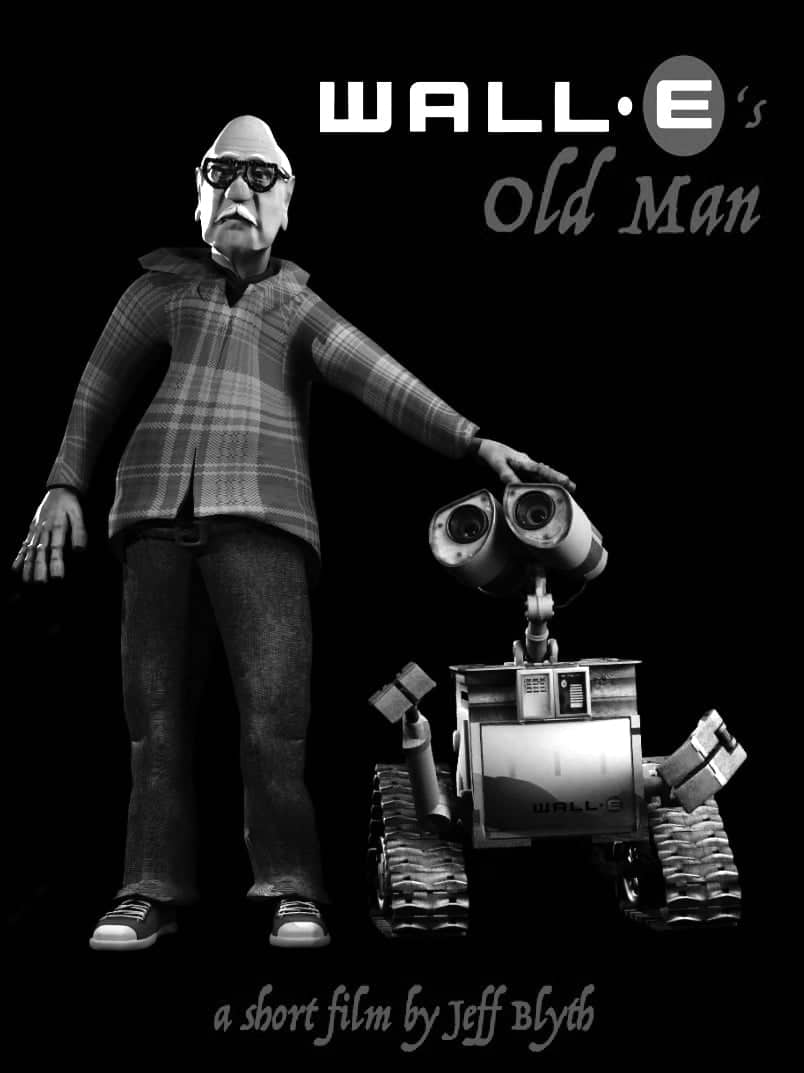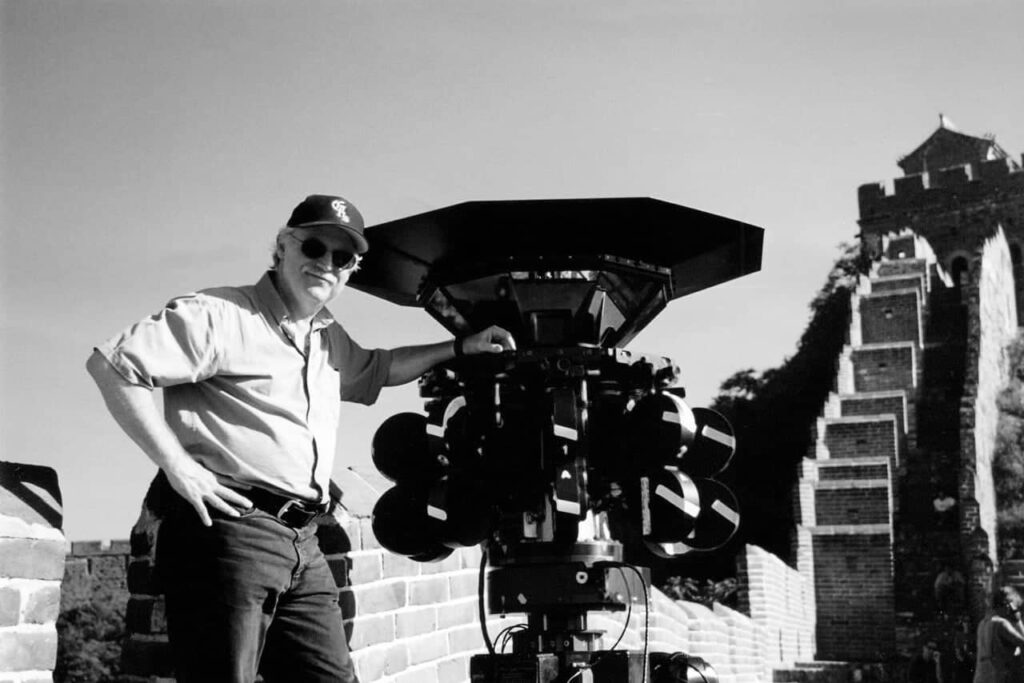
-Who is Jeff Blyth?
I have been making films and telling stories since I was a young teen. Over the years I have gained experience in many different aspects of filmmaking. Much of my career was spent working as a writer-director, most notably on entertainment films for Disney Theme Parks, such as Disneyland Paris and Tokyo Disneyland. My first big project for Disney was the Circle-Vision production of “Wonders of China” for EPCOT, the first of many. I have also directed a feature film and worked in episodic television as a director. The last few years I have mainly worked in computer animation and visual effects.
-What inspired you to become a filmmaker?
There is no question that I was influenced by the 16mm home movies my father took of our family on vacation. I desperately wanted my own camera so that I could tell stories of my own and I worked hard to earn enough money to purchase a very simple 8mm camera. While this camera couldn’t focus or zoom, by my second camera I knew exactly what I wanted and needed. The lesson was to make the best of what you have, to experiment, to find other ways to accomplish what you wish to create. Growing up in the 1960s and 70s, I was very much influenced by European films much more so than American movies and it was a real thrill to eventually have an opportunity to meet and work with some of the directors and stars I’d long admired. These days I find inspiration everywhere. There is so much good work going on in cinema right now, despite the limits of the pandemic, that I feel this era will be looked upon in history as a very special time.
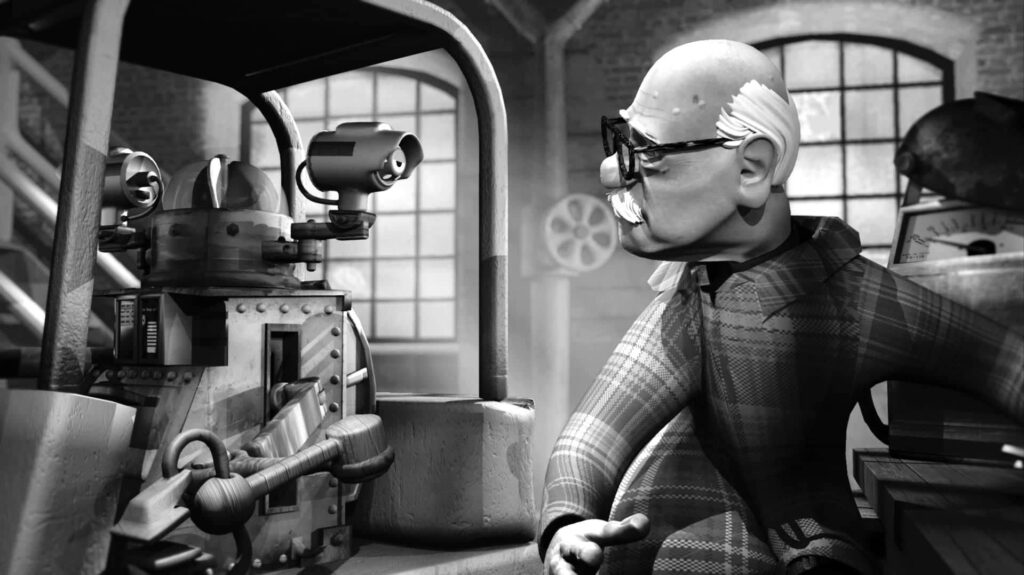
Do you think the cinema can bring a change in the society?
Generally I think cinema is a reflection of society and its changes, not necessarily bringing about change by itself. The real strength of cinema is in holding up a mirror to who we are. The recognition and realization that perhaps we are not who we think we are is what fosters real change.
-What would you change in the world?
Unlike the 1960s, one feels powerless to effect change by oneself these days. It’s not a despair that change cannot happen, but a sadness that society has broken down along tribal lines, making meaningless the previous divisions and boundaries. Change is coming and it isn’t necessarily for the better, but my small part in it is the same as it has always been: to entertain and create a little pleasure for audiences in my storytelling.
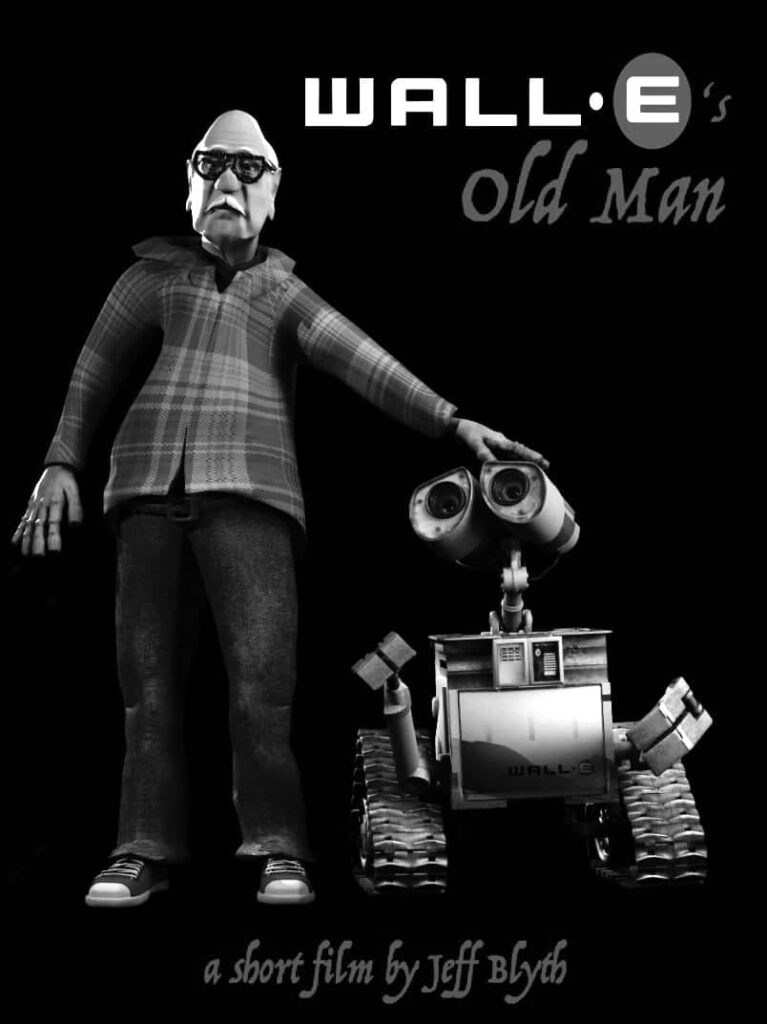
-Where do you see the film industry going in the next 100 years?
I have worked with a lot of modern and sophisticated camera and projection systems over the years but I have never felt that technology itself is an answer to anything. At the end of the day, or the end of the century, audiences crave the darkness of a communal room where we tell human stories that reflect our world and which inspire and entertain us. It doesn’t matter if the story is about robots – projected as flickering images on a bed sheet or inside an augmented reality headset – we recognize ourselves in their desires and dilemmas. Humans are at our best at problem-solving and most storytelling throughout the ages has been about that very subject. When we see others, human or human-like, struggling to find solutions, it gives us hope for resolving our own problems.
